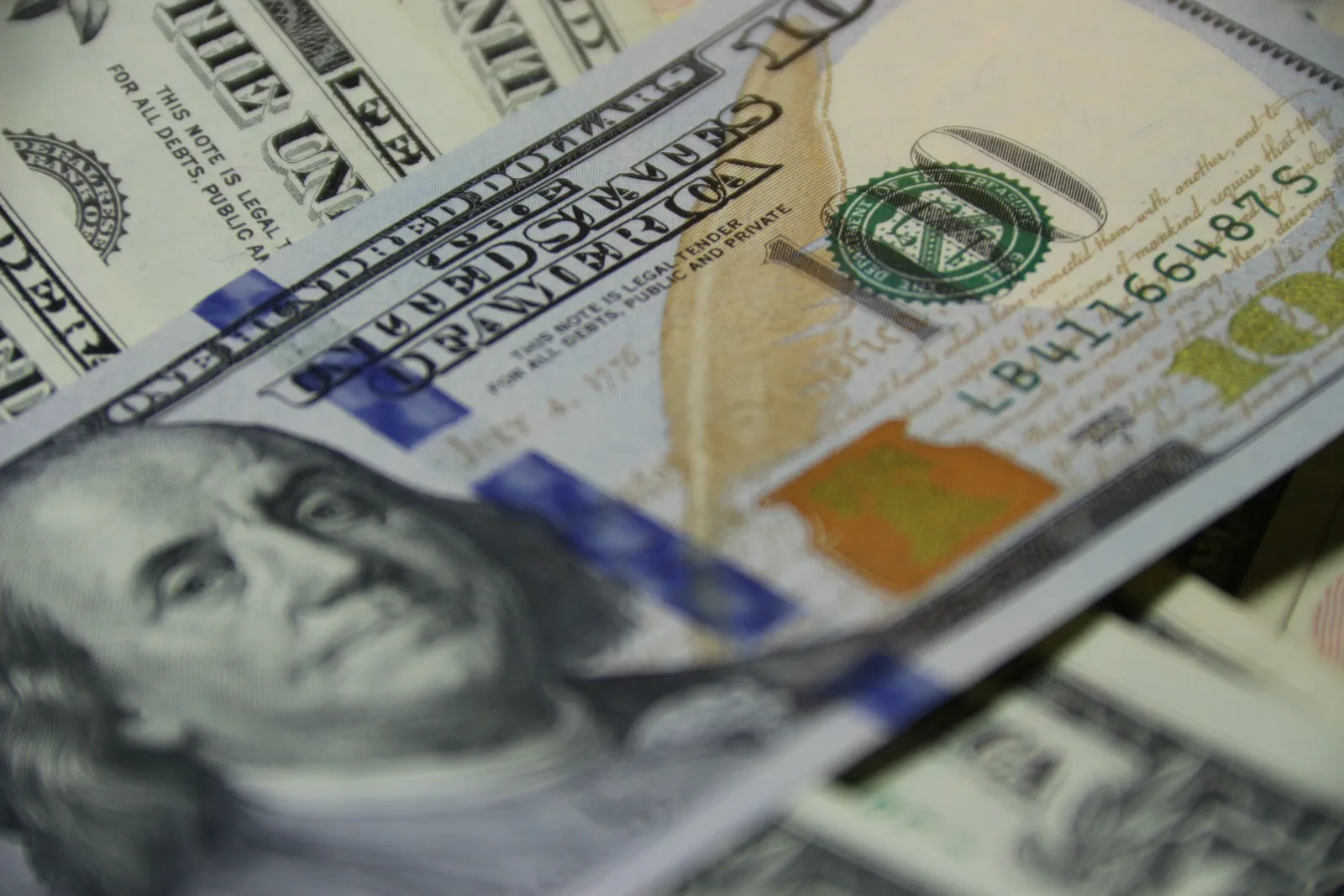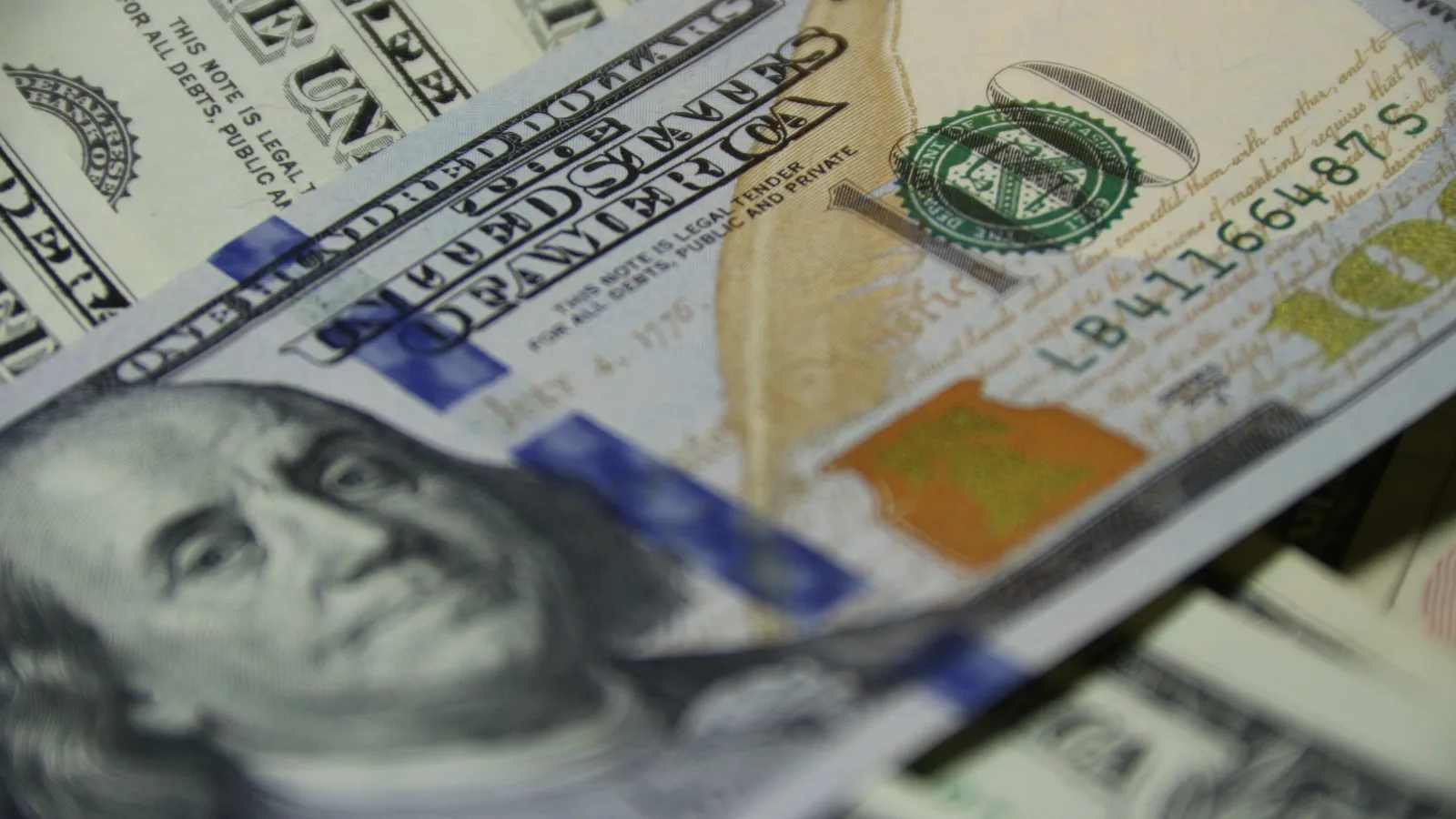The Definition of an Emergency Fund
An emergency fund is a dedicated savings account specifically set aside to cover unexpected expenses. It serves as a buffer to protect you from financial stress and prevent you from relying on credit cards, loans, or depleting your regular savings when faced with an unexpected crisis.

The Significance of an Emergency Fund
- Financial Security: An emergency fund provides a sense of security and peace of mind, knowing that you have a financial cushion to fall back on during tough times. It reduces anxiety and allows you to navigate through unexpected circumstances without compromising your long-term financial goals.
- Handling the Unexpected: Emergencies can come in various forms—medical emergencies, car repairs, home maintenance issues, or sudden unemployment. Having an emergency fund allows you to handle these situations without resorting to high-interest debt or depleting your retirement savings.
- Avoiding Debt: One of the most significant advantages of an emergency fund is its ability to prevent or minimize debt. By having readily available cash to cover unexpected expenses, you won't have to rely on credit cards or loans, which often come with high interest rates and can lead to a cycle of debt.
- Retaining Financial Freedom: An emergency fund provides you with financial freedom and flexibility. It gives you the confidence to make important life decisions, such as changing careers, starting a business, or pursuing further education, without the fear of falling into financial hardship.
Building Your Emergency Fund
- Set a Realistic Goal: Start by setting a realistic target for your emergency fund. Aim to save three to six months' worth of living expenses, considering factors such as your income, monthly bills, and any dependents.
- Make Saving a Priority: Treat your emergency fund as a monthly bill that must be paid. Allocate a portion of your income specifically for savings and automate the process by setting up automatic transfers to your emergency fund account.
- Cut Back on Non-Essential Spending: Identify areas where you can cut back on discretionary spending to boost your savings. Small sacrifices, such as eating out less frequently or reducing entertainment expenses, can add up over time and accelerate your emergency fund growth.
- Maximize Windfalls: Use unexpected windfalls, such as tax refunds or work bonuses, to bolster your emergency fund. Instead of splurging on immediate gratification, consider depositing a portion or the entire amount into your savings account.
Keeping Your Emergency Fund Accessible
Ensure that your emergency fund is easily accessible when
needed. While it's important to keep the money separate from your regular
checking account, opt for a high-yield savings account or a money market
account that offers both security and a competitive interest rate.
Conclusion
Building an emergency fund is not just a wise financial
decision; it's a critical step toward protecting your financial well-being. By
establishing this safety net, you can navigate through life's uncertainties
with confidence, knowing that you have a financial cushion to rely on. Start
today, make saving a priority, and take control of your financial future.
Remember, an emergency fund is an investment in your peace of mind and a shield
against unforeseen challenges.

